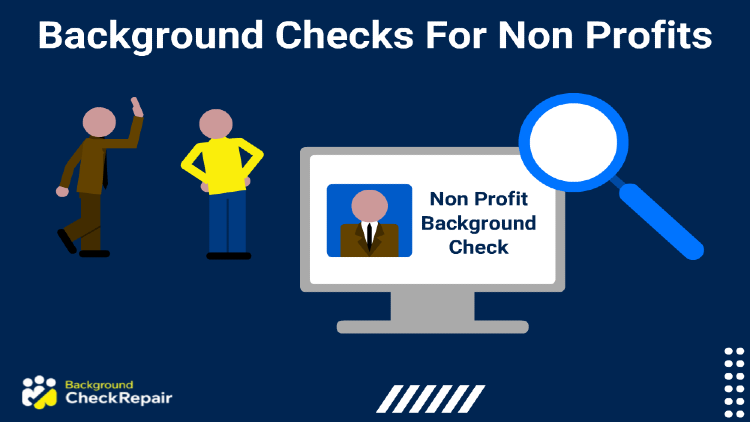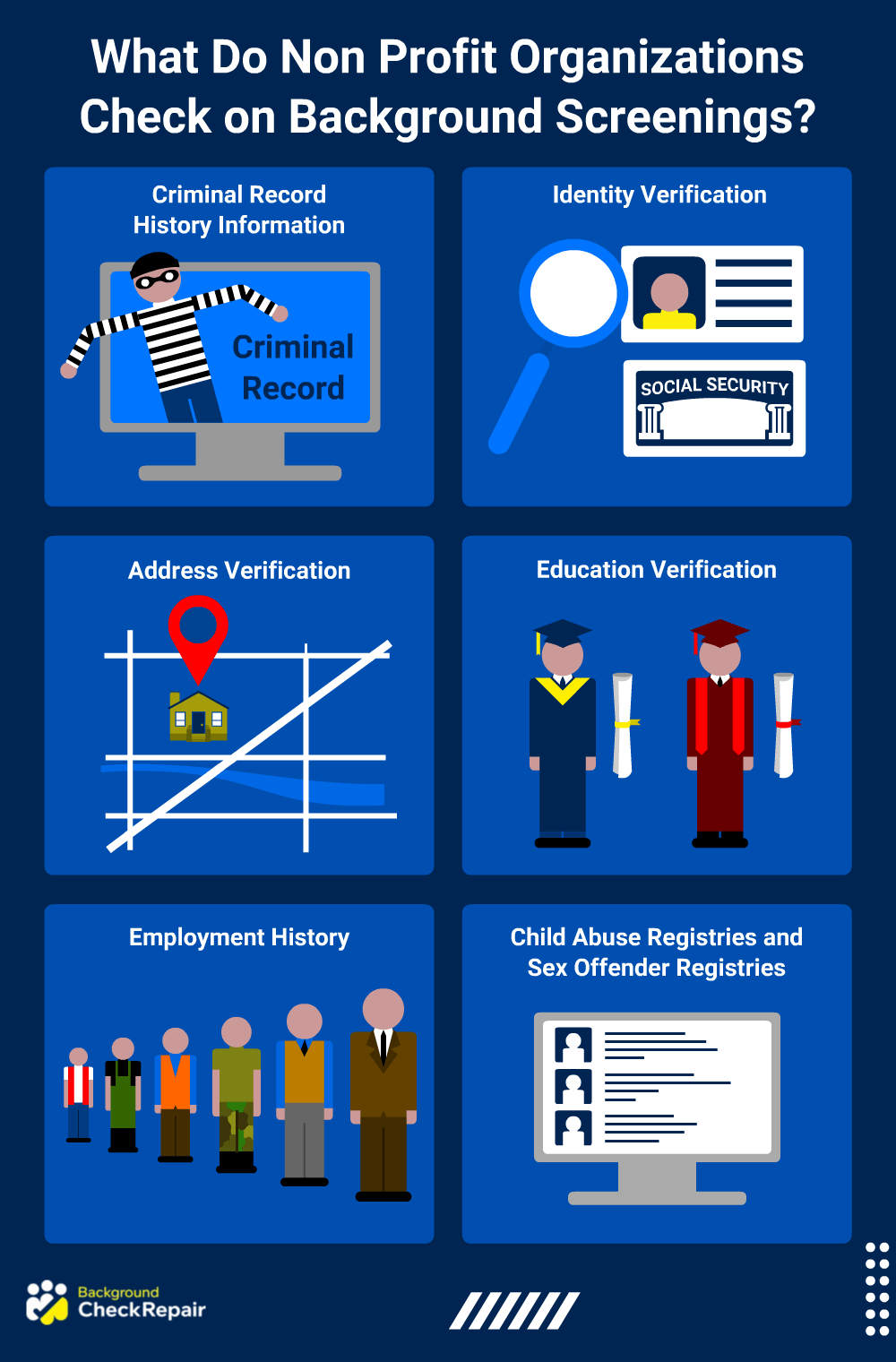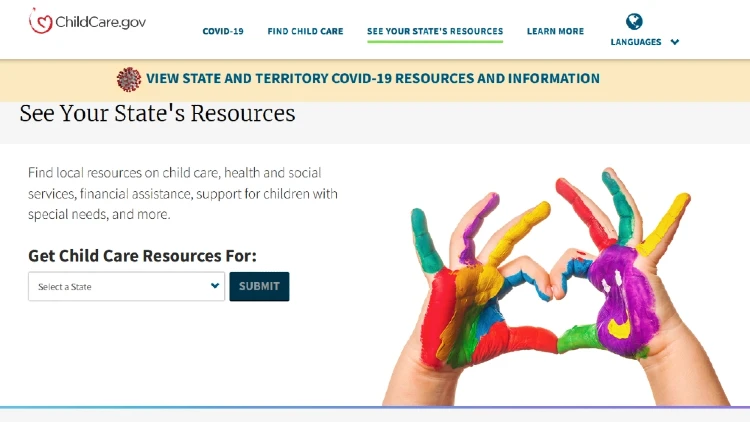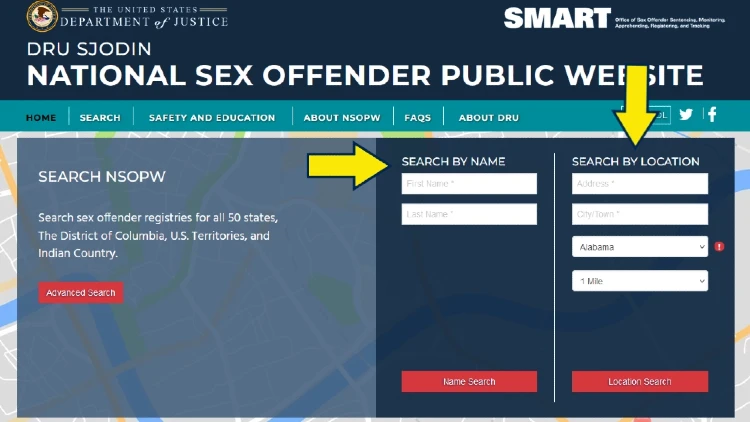Do NGOs Do Background Checks?
Yes, although they are not always required the majority of non governmental organizations (NGOs) will perform background checks on both employees and volunteers.
 Written by Background Check Repair
Written by Background Check Repair
Background Checks | May 14, 2024

Table of Contents
Performing proper background checks for non profits is just as important as performing one for a for-profit business. Not only does it ensure that other employees and volunteers in the organization remain safe but it also protects the company from potentially expensive legal liabilities.
In fact, many nonprofits are required by law to perform volunteer background verifications. But, there’s a “special” search method for 501(c)(3) classified organizations that makes it easy to comply with both transparency and trust procedures.
Make no mistake, the foundation of any non profit is a deeply held trust. Therefore, the types of background checks used will vary and need to be performed based on the individual, non-profit position, and organization at hand.
Simply put, the exact search method used will depend on several factors below. For example:
The following guide outlines everything involved with performing background checks for non profits, as well as what volunteers and salaried employees can expect.
The background check for a nonprofit is very similar to what one might expect from a traditional pre-employment background screening. However, in many cases non profit organizations may work with certain at risk groups.

Background checks for non profits that deal with vulnerable groups may require additional checks compared to a normal pre-employment background check.
There are several checks that are standard for both employees and volunteers of a nonprofit organization. These include but are not limited to the following:
Depending on the nature of the non-profit and the position that the individual will be working in, additional checks may be recommended or even required by law, such as if the organization works with children.
The background checks performed for non profit volunteers is the same as the background check required for employees of the same organization.
Not only are background checks performed to make the existing employees feel safe and comfortable, they also play an important financial role for the company. Anyone associated with the organization is part of their responsibility, and the actions of all official personnel (volunteer or not) present a liability.
For example, if a volunteer is driving a company car in an official capacity while intoxicated and gets in an accident, the company is just as liable for the accident as they would be if a paid employee was doing the same thing.
The contents of volunteer background screening depend on the check that the company chooses to perform.
The following searches are standard for most organizations, and many states offer free or discounted background check costs for non profits.
Checking the criminal history information of all prospective employees and volunteers is arguably the most important part of any background checks for non profits (confirm someone’s felony record). This not only keeps other volunteers and employees safe but also will make any liability issues with the employee clear.
Criminal history checks for non profits should include both local and national checks. Although local checks are a great place to start, they will not show criminal history information from places outside of the state. So if a volunteer committed a serious crime in another state, that information will be absent from a local check.
Federal criminal history checks may also be necessary, especially if the non-profit operates in several states. However, the rarity of federal crimes makes this check slightly less necessary than a national criminal history check.
A national check is performed using fingerprints.
Verifying the identity of an individual is one of the most basic checks that are performed as part of a background check. The purpose is to simply ensure the individual is who they claim to be by verifying their social security number.
This also ensures accurate information is returned in the criminal history check, just in case the person is attempting to use an alias.
Verifying the address of the individual is an important part of verifying their identity. Furthermore, verifying any address they have lived at in the last 5 years also aids in the criminal history information check, as the agency can be sure to check if the individual committed any crimes at their previous address if it was in a different state or county.
An education check is not quite as common as the above checks, simply because the information is not always relevant. However, if the position requires a certain level of education or the completion of certain licenses or certifications, a check of these credentials will certainly take place.
The last of the standard checks, an employment history check is performed to ensure that the individual is not lying about their experience and to determine their current work location. This usually entails contacting the previous employer to ensure they worked where they said they did, as well as check that they performed any duties that they have claimed.
Certain non-profits may have additional checks performed on some or all volunteers and employees. The two most common additional checks are a check of an individual’s driving record and a child care and caregiver related checks.
A driving record check (MVR background check) is normally performed on employees who will be operating vehicles for a company.
Finally, there are several additional checks associated with individuals who work with children. These include:
The specific laws regarding what needs to be checked for individuals who work with children vary from state to state, so it is important to check local laws to get a better understanding of what is required.

The U.S. government provides links for non-profits to check state resources for a number of services for children.
A background check for a non profit should not take any longer than a pre-employment background check.
In general, for a standard background check they should be completed in less than a week and often in less than 48 hours. More advanced checks, such as the FBI fingerprint check, may take additional time to process but should not take longer than two weeks.
Local and state laws, as well as the Fair Credit Reporting Act, will determine how long background checks will go. In general, the criminal history check is the only check that is subject to time limits. In most states, criminal history information must abide by the seven-year rule.
The seven-year rule states that criminal history information on crimes that were committed more than seven years ago can not be reported as part of a background check.
There are a few exceptions to this rule, usually involving the annual salary of the position but in general a background check will go back 7 years for criminal history.
Education and employment checks are not subject to this time frame.
A non-profit background check should include all the basic checks such as criminal history information and basic identity and address checks.

Sex Offender registry checks are also quick and easy and should be a part of most if not all background checks as well. Beyond the basic checks, the specific job duties and the nature of the non-profits work will determine if any additional checks are necessary. Volunteer jobs for companies that deal with children, the elderly, heavy equipment, harmful materials, or any healthcare-related field will all be subject to additional checks.
State volunteer background check services are a great place to start when conducting a background check for a non profit company.
Every state has a volunteer background check which can be accessed online. In general, these checks are performed by the state police department. However many states will rely on a different agency such as the Department of Justice or even a department that specifically oversees issues dealing with non profit organizations in the state.
Specific steps for these checks are outlined below.
Background checks for nonprofits cannot be performed without the individual’s consent.
The first step is to locate the state agency in charge of volunteer background checks. (Use the table below to choose the correct link for the state)
Many states offer specific background checks for various reasons. These other background checks will likely be options on the state website to be sure to select the check that is used for volunteers.
Each state will have a slightly different process and may require slightly different information. In general, expect to enter basic contact information and a social security number.
Some states may require fingerprints, in this case, specific steps on where to get fingerprinted and where to send the completed forms will be provided on the website.
Although it may not seem necessary, background checks for non profits are just as important as checks for other businesses, which can save the organization thousands in potential legal fees.
Yes, although they are not always required the majority of non governmental organizations (NGOs) will perform background checks on both employees and volunteers.
Yes, Volunteers of America performs background checks on all of its volunteers and employees. However, Volunteers of America is a second chance employer, so former felons will not necessarily be taken out of consideration automatically.
There are no federal or state laws that require background checks for public companies. In general, background check requirements are determined as part of company policy. Certain industries have background check requirements as well, such as the health care or child care industries.
Yes, the background check regulations that are part of the FCRA apply to non profit organizations.
We use cookies to ensure that we give you the best experience on our website. If you continue to use this site we will assume that you are happy with it